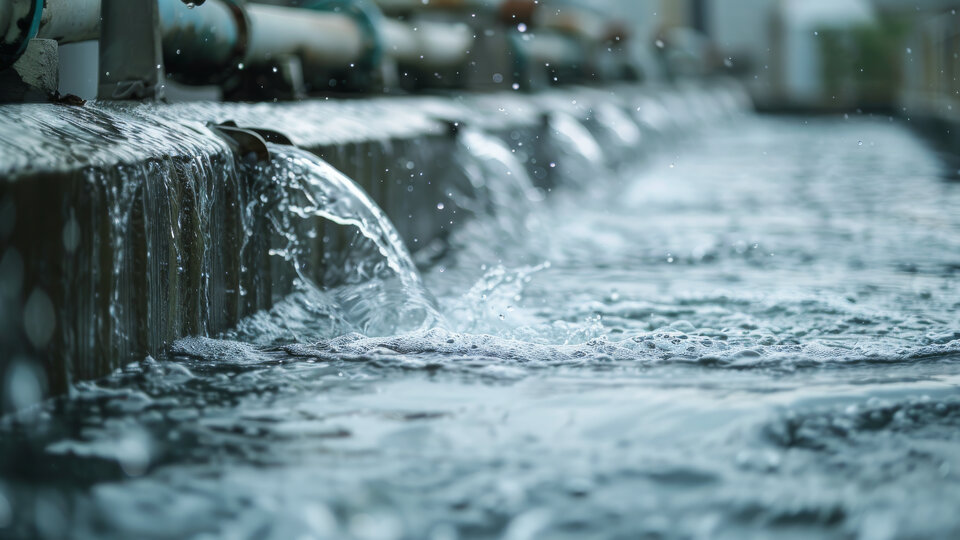About
The Vadose Zone Science for Water Quality Laboratory at UNL performs research across a spectrum of basic fundamental science to applied engineering. Our research focuses is on vadose zone hydrology and soil physics in terms of chemical fate and transport affecting water and environmental quality, agricultural systems, and public health. We often say "if it moves in the ground, we find it interesting." This includes the fate and transport of nutrients and chemicals overlying major aquifers, the transfer of energy and matter in natural porous media, sources of spatial and temporal variability, ecohydrology, agronomy, water management, contamination and remediation, soil reclamation, and terrestrial restoration.
BSE AREA OF EXCELLENCE
Precision Irrigation Systems, Sustainable Engineering Systems

Current Projects
Soil nitrogen mineralization
Soils and vadose zones are innately heterogeneous. However, land use and agricultural management practices affect soil characteristics across space and time. Bibash Rokaya, a graduate research assistant majoring in Agronomy (Soil and Water Science specialization) is performing research on the spatial and temporal characteristics (hot spots, hot moments) of soil nitrogen mineralization in association with nitrate-nitrogen losses to the vadose zone and aquifer.
The Persistent Nitrate Problem
A team of 40+ experts have come together to address our contemporary understanding of the persistent nitrate problem underlying agricultural production systems from multiple aspects. The team is comprised of experts from UNL's Departments of Agronomy & Horticulture, Biological Systems Engineering, School of Natural Resources, Agricultural Economics, Biological Sciences, UNL Extension, UNL Research Education and Extension Centers, University of Nebraska Medical Center's Department of Environmental, Agricultural, & Occupational Health, the Daugherty Water for Food Global Institute, Nebraska Water Center, United States Department of Agriculture Agricultural Research Service, and the United States Geological Surveys Cooperative Fish & Wildlife Research Unit. This effort is helping develop a shared understanding of the persistent nitrate issue and bring multiple disciplines closer as a unified, collaborative force to guide a pragmatic vision in addressing the unresolved issue in a unified framework that incorporates the agronomic, environmental, economic, and human health aspects.
Remediation of munitions in the vadose zone
In the United States, over 6 million hectares of soil are contaminated with munitions including the high explosives Royal Demolition eXplosive (RDX) and 2,4,6-trinitrotoluene (TNT). These munitions are known carcinogens with a range of deleterious health effects. Moreover, RDX is highly mobile and likely to leach to lower depths in the vadose zone, affecting groundwater quality. Miah Hoppens, an undergraduate researcher majoring in Chemical Engineering, is performing research on remediation technologies via microfluidics to expedite the cleanup of vadose zones and aquifers contaminated with munitions.
Huskers Do Big Things
Our work
List of Journals
https://scholar.google.com/citations?user=2ajv4RMAAAAJ&hl=en
Join our Team
open positions
Undergraduates interested in volunteering in the lab contact Dr.Aaron Daigh
